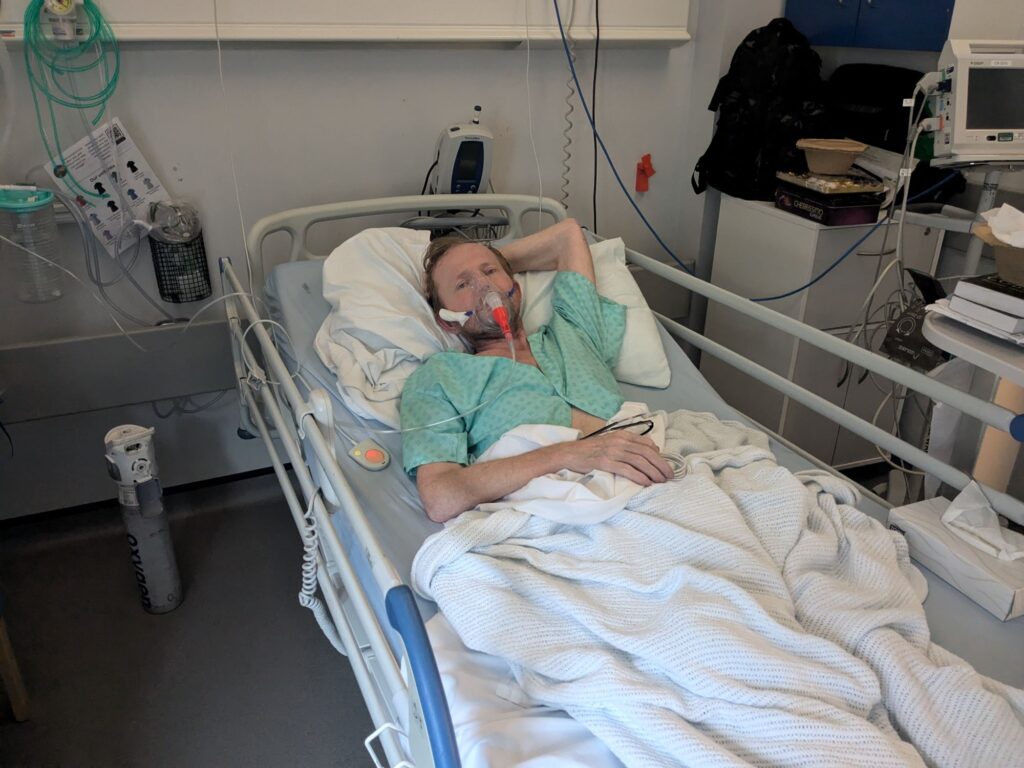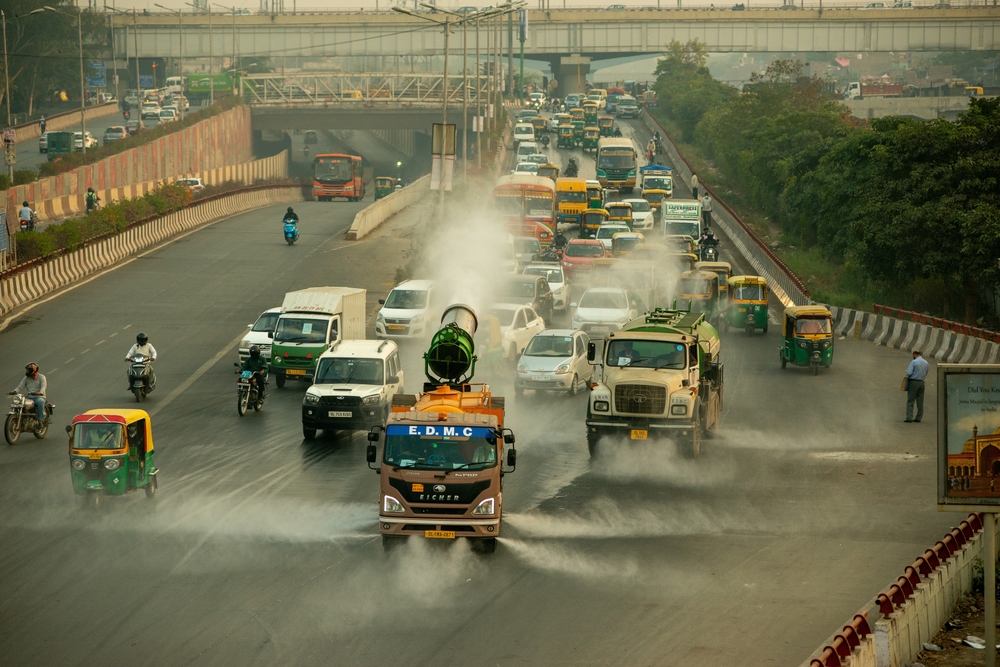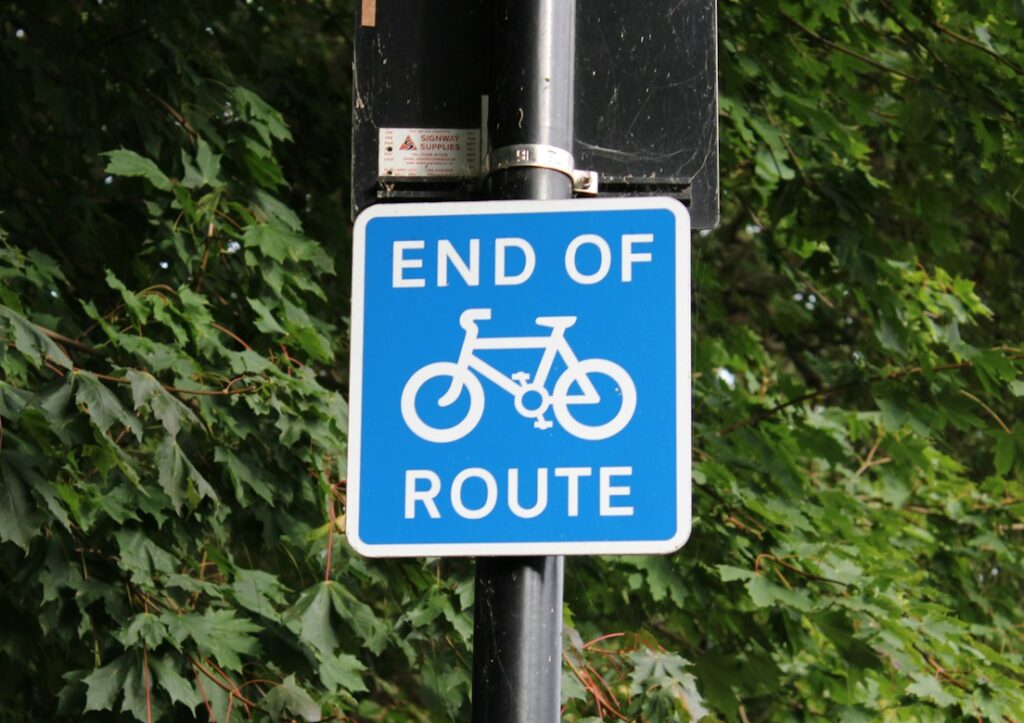Community Groups in Louisiana, by many metrics America’s most polluted state, have begun a legal battle against a law passed last year which effectively bans them from sharing any of the air quality data they collect on their own monitors.
The Louisiana Community Air Monitoring Reliability Act (CAMRA) was signed in to law by Governor Jeff Landry in May 2024, ostensibly to ‘establish standards for community air monitoring programs operated by entities to ensure that the data collected from such programs provides the public with access to accurate air quality information.’
In reality, this effectively bans the community groups from sharing data from their air quality monitors – many of which had been financed by EPA grants under the Biden administration. Instead, they would need to use FRM (Federal Reference Method) equipment, costing tens of thousands of dollars.
The Environment Integrity Project quote a price of $289 for a typical air quality monitor as used by the community groups. They contrast this with the $58,691 need to buy an FRM monitor required by the Act.
In their complaint, the plaintiffs – which include RISE St. James among their number – point out:
‘In enacting CAMRA, the Louisiana legislature targeted community air monitoring for unique and onerous restrictions. Under CAMRA, community groups cannot choose for themselves how they will collect, use, or disseminate information or analyses about air quality to the public. Community groups are even forbidden from sharing with regulators information that does not satisfy CAMRA’s standards and from relying on such information to exercise their right to bring suit under the citizen suit provisions of the Clean Air Act, or to bring other claims against polluters. Community groups that transgress CAMRA’s restrictions face crippling civil penalties in state or private enforcement actions.’
In an article for the Environment Law Institute in December last year, George Wyeth – who spent 27 years at the U.S. EPA – argued that the legislation was aimed at solving a problem that didn’t exist: ‘The groups doing such monitoring are aware of the limitations of their devices and the need for proper interpretation and generally try to act accordingly.
‘In enforcement cases, courts have procedures for evaluating whether scientific evidence should be considered, and those procedures can be applied to community monitoring data without a blanket prohibition on non-FRM data. In fact, EPA’s rules specifically reject the argument that only data from FRM monitors may be used in enforcement, stating that any “credible evidence” must be considered.’
Nandan Joshi, attorney with Public Citizen Litigation Group, said: ‘Community air monitoring is a critically important tool for detecting air pollution levels in communities in Louisiana that have too often been neglected. The state should be supporting community groups that are helping protect the health of Louisianians by monitoring air pollution, rather than suppressing their speech and threatening them with sanctions.’


















Leave a Reply